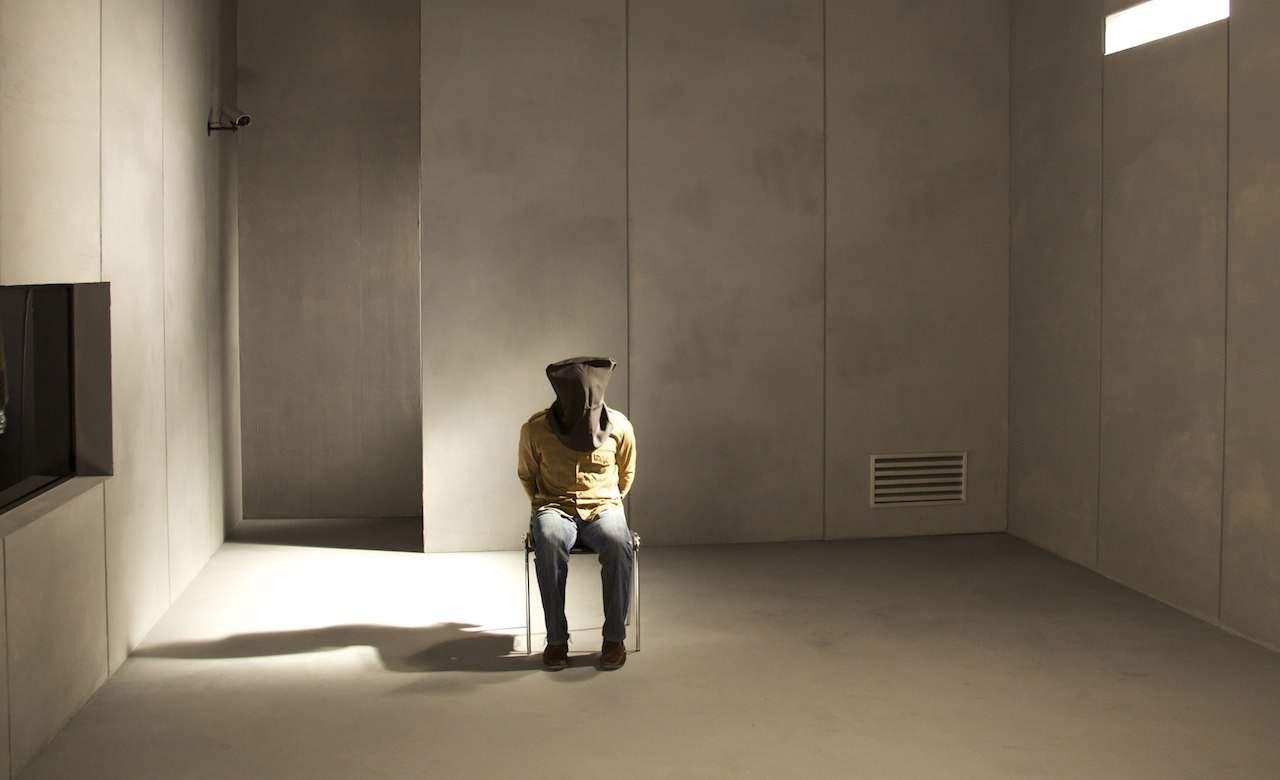The Green Prince
This Errol Morris-style documentary sits down an Israeli and a Palestinian for an unbelievable real-life tale.
Overview
Two men stare directly at the screen and tell their stories. Their expressions are open, their tone is matter-of-fact, and they speak of fact, not fiction. They are Palestinian Mosab Hassan Yousef and Israeli Gonen Ben Yitzhak. The tales they share start on opposite sides of the still-raging Middle East conflict, but don’t end there.
Modest and unassuming perhaps best describes writer/director Nadav Schirman unfolding of a narrative that could easily furnish a Hollywood blockbuster. The director recognises, however, that the most powerful plots speak for themselves, presenting his film largely unadorned and unembellished. No bells and whistles, nor fancy footage or special effects, dress up a scenario already simmering with thrills and suspense. As the duo interweave their versions of events into one complete, complementary account, Schirman offers sparing glimpses of archival, re-enactment and surveillance vision as a break from talking heads — but in The Green Prince, it is the truth that matters, not the packaging.
Mosab is the son of Sheikh Hassan Yousef, one of Hamas’s co-founders and most outspoken leaders. Gonen Ben Yitzhak was a Shin Bet agent for the Israeli military, charged with cultivating intelligence and recruiting informants. When the former was a teenager, filled with anger at the treatment of his father in fighting for a cause he believed in, he was detained and approached with an offer to assist the other side. The latter was his handler during much of his decade-long stint colluding with the enemy. Mosab’s nickname in his undercover work: 'The Green Prince'.
As the Errol Morris-style documentary relates their combined experiences, it focuses on the micro rather than the macro; this is a film about the impact of lives lived in the war-torn climate, and the deeds done in the name of survival, rather than the broader circumstances. Accordingly, the feature hones in on shame and subterfuge as recurring themes — the fear of disgrace that fuels actions and attitudes on both sides (most notably in driving Mosab to betray his upbringing and struggle with the aftermath) and the duplicity employed by him and Gonen alike.
Plenty of questions are raised in The Green Prince, and never does it make the mistake of pretending to present all the answers. To say the film never satisfies is to recognise the unease that drives its real-life details, as Schirman astutely captures. Perhaps the inevitable fictionalised movie version will bring everything together neatly; reflecting actuality, the documentary couldn’t, shouldn’t and doesn’t.







